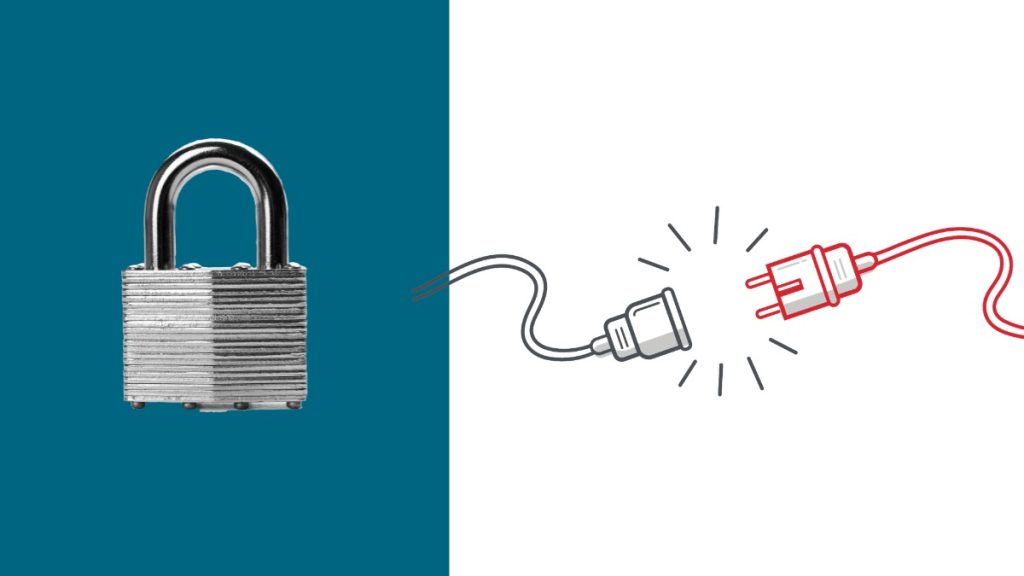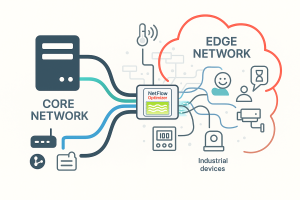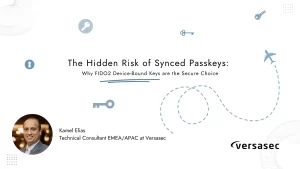
If data is likened to oil, APIs serve as the pipelines through which it flows. Yet, without secure APIs, the consequences can be devastating for businesses, leading to annual losses estimated between $41 billion and $75 billion.
Protecting APIs entails more than mere compliance checkboxes; it demands a multi-layered defense strategy starting with centralized API management and extending to robust data fortification. Before delving into best practices, it’s crucial to understand the repercussions of inadequate API security.
Consider the case of a major retailer, which faced a $1 million loss due to API vulnerabilities. During a peak release period, the retailer integrated a new version of a tax calculation API to enhance user experience. However, on launch day, an internal accounting report generated an unprecedented volume of API requests, overwhelming the system and halting online sales for two critical hours.
This downtime directly translated into a substantial financial loss, highlighting the tangible impacts of inadequate API management and security.
Real-world examples like these underscore two critical lessons:
- Even internally used APIs necessitate robust security measures to safeguard data.
- Poor API management can result in significant financial losses.
The key takeaway is clear: for APIs, security isn’t a luxury but an absolute necessity. Developers must prioritize thorough documentation and seamless access for both internal and external applications, without bureaucratic hurdles. Likewise, stringent attention to security enhances an API’s business value, making it imperative to enforce robust data protection policies.
What constitutes effective API management?
Centralized policy enforcement forms the bedrock of effective API management. By securing APIs in a centralized location, organizations can establish consistent and comprehensive defenses that are easy to monitor and update.
Implementing a series of strategic measures further enhances API security:
- Authentication using standards like OAuth2.0 to verify user identities.
- Fine-grained authorization controls to limit access based on user roles.
- Encryption via HTTPS and SSL certificates for secure data transmission.
- Periodic reauthentication to bolster ongoing security.
- Redaction of sensitive information in API responses.
- IP whitelisting to restrict access to authorized IP addresses.
- Custom error messages to prevent exposure of sensitive business data.
- Rate limiting to mitigate excessive API requests.
- Schema validation to ensure data integrity.
- Web Application Firewall (WAF) features for protection against common threats.
- Logging of key API metrics for real-time monitoring and analysis.
- Routing API requests to appropriate backend services based on versioning.
- Automatic insertion of security headers to defend against XSS attacks.
- Regular updates to maintain security of third-party dependencies.
Managing the expansive API landscape requires a platform like Axway’s Amplify. This API management solution offers a universal approach to governance, integrating capabilities for access control, data privacy, threat mitigation, and more. Amplify provides comprehensive visibility and control, essential for developing and delivering secure APIs efficiently.
A case in point involves a data platform provider in healthcare, energy, and finance sectors, which faced challenges with multiple API gateways. Adopting the Amplify platform streamlined their API management, reducing duplication by 40%, eliminating security incidents, and enhancing operational efficiency by 30%.
Discover how Axway’s Amplify platform can optimize your API ecosystem and elevate your security posture for sustained success.
Source: https://blog.axway.com/learning-center/digital-security/api-protection-fortress-data
About DT Asia
DT Asia began in 2007 with a clear mission to build the market entry for various pioneering IT security solutions from the US, Europe and Israel.
Today, DT Asia is a regional, value-added distributor of cybersecurity solutions providing cutting-edge technologies to key government organisations and top private sector clients including global banks and Fortune 500 companies. We have offices and partners around the Asia Pacific to better understand the markets and deliver localised solutions.










